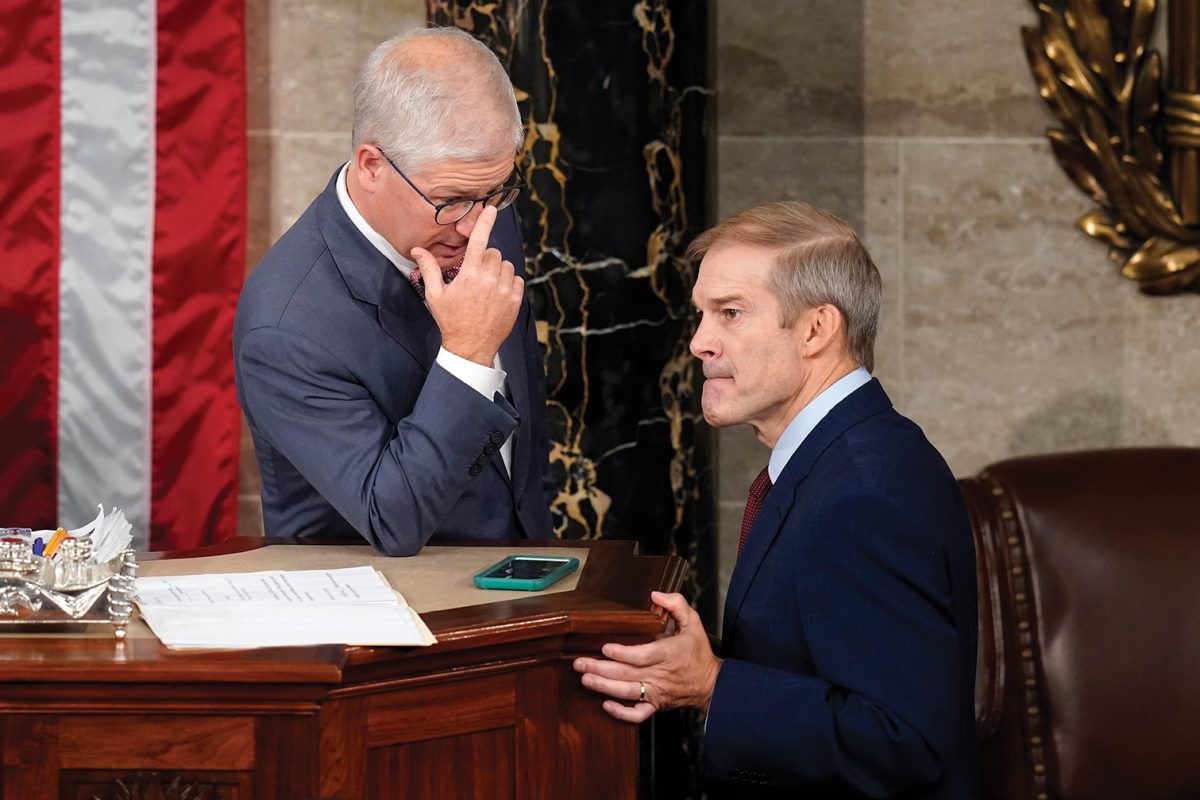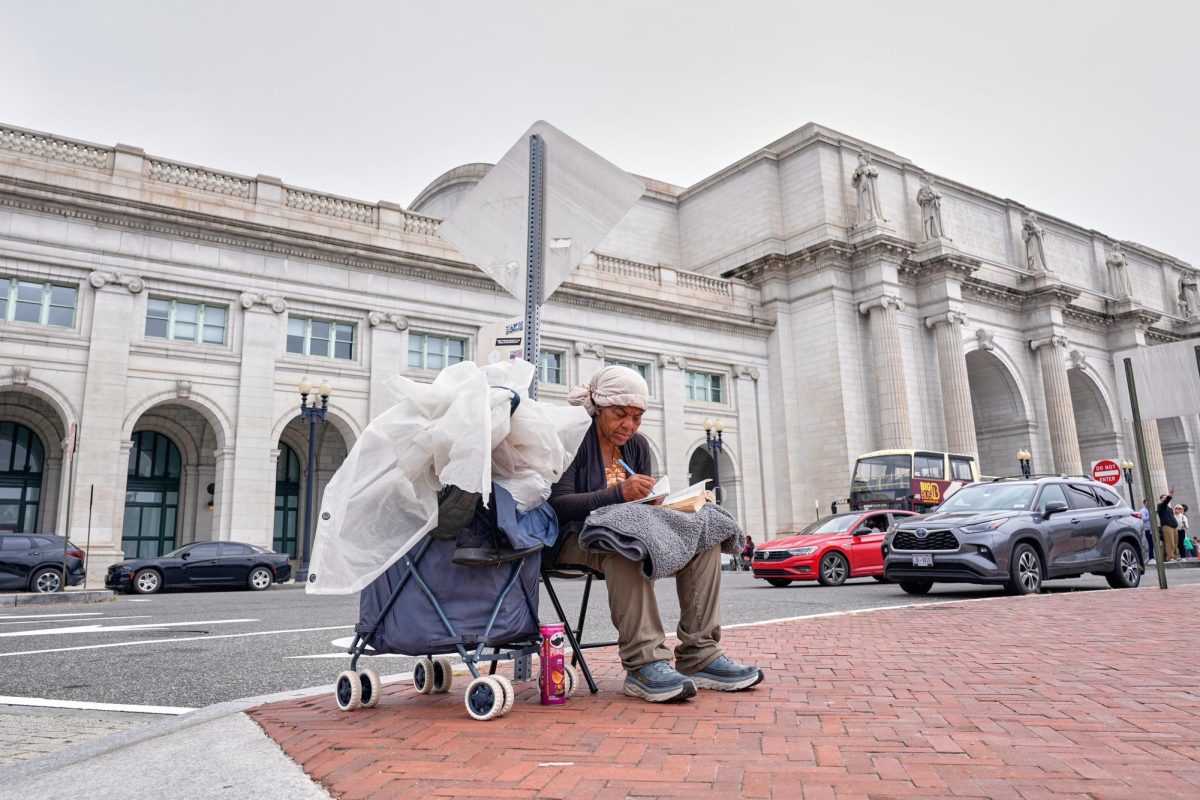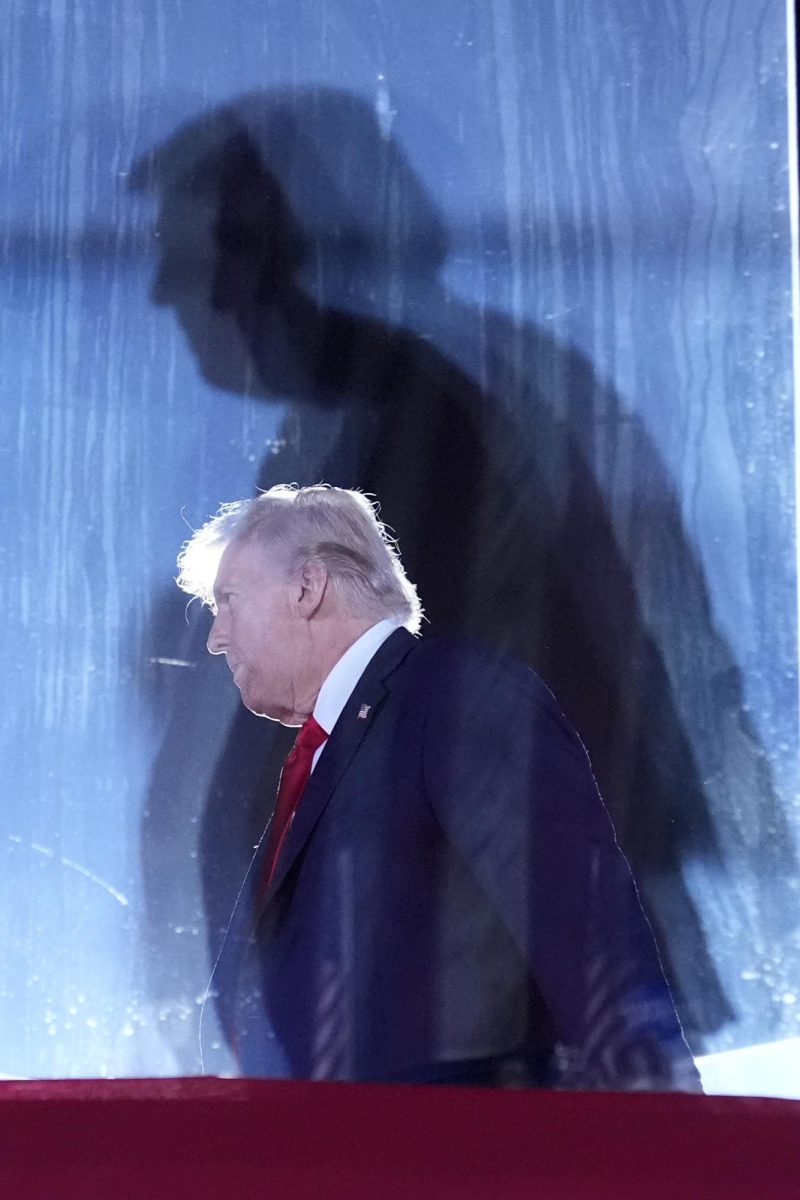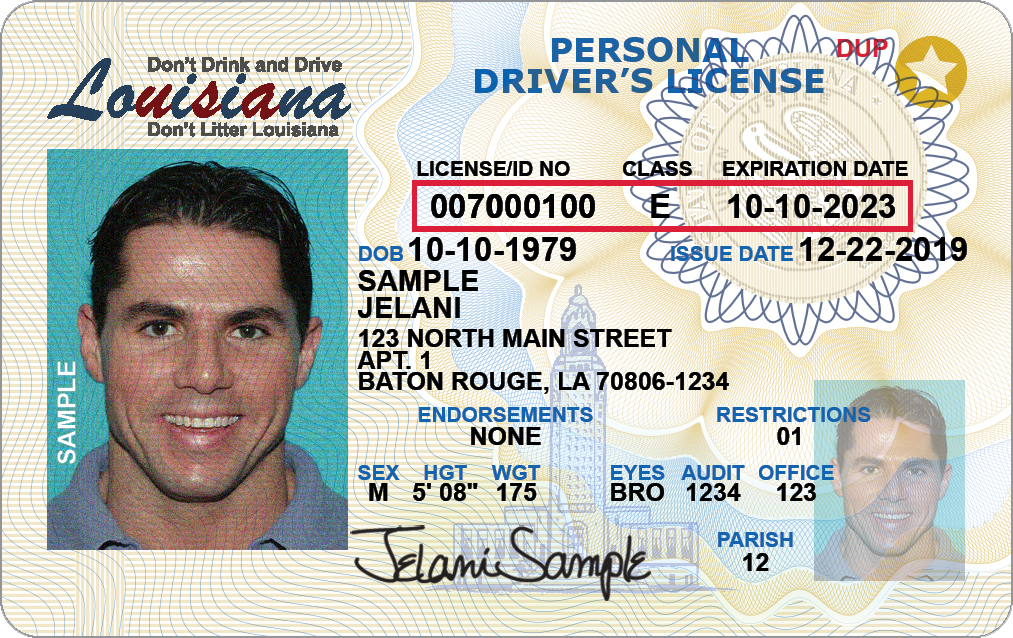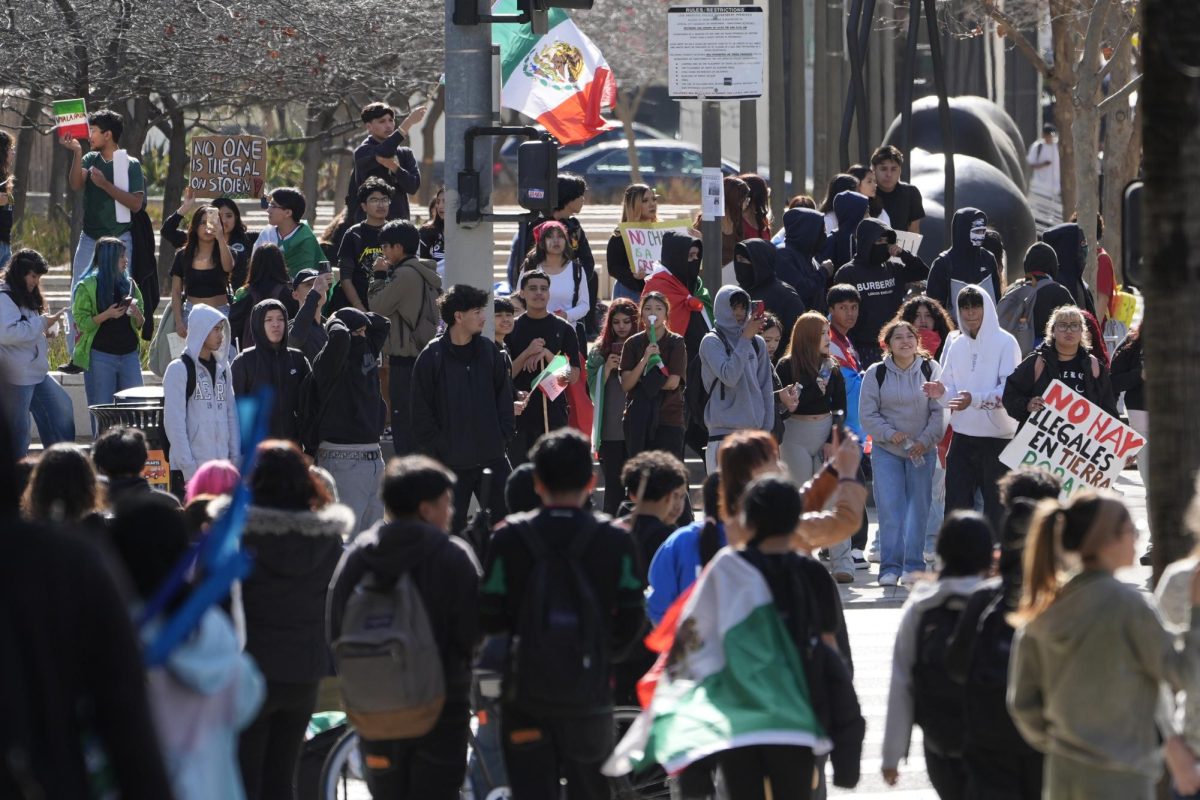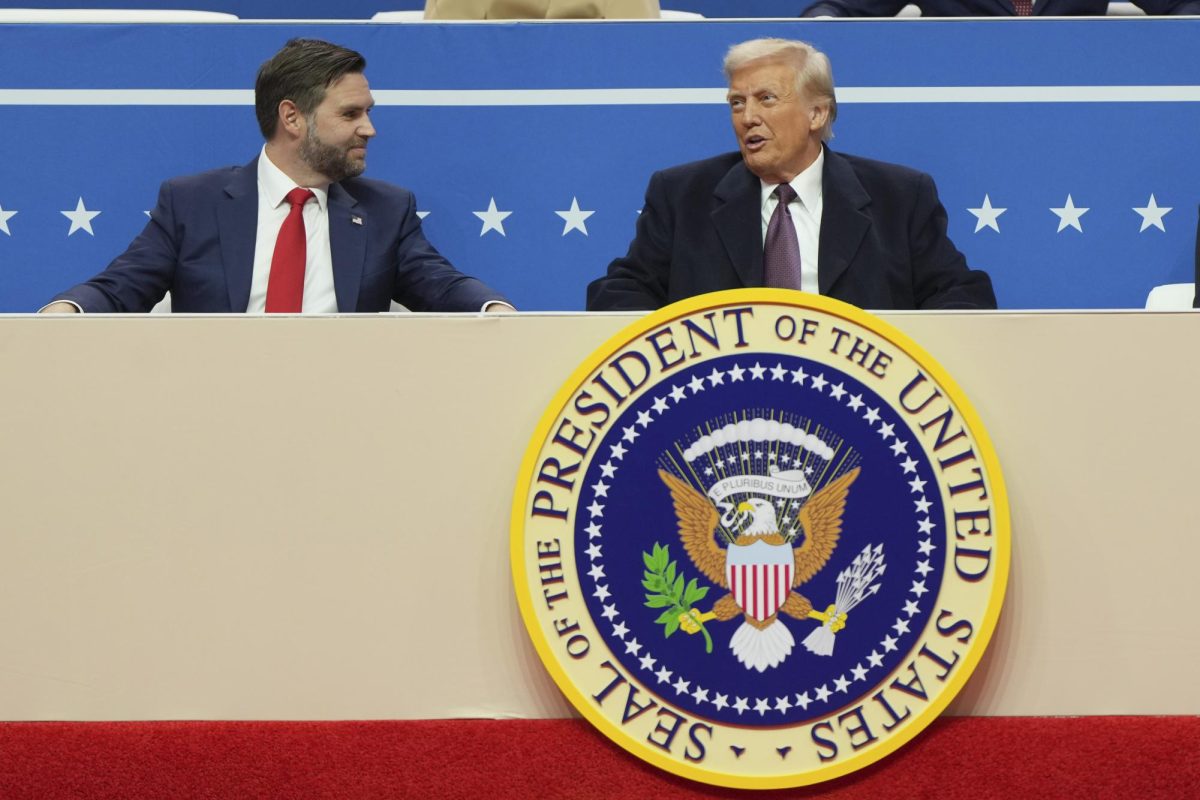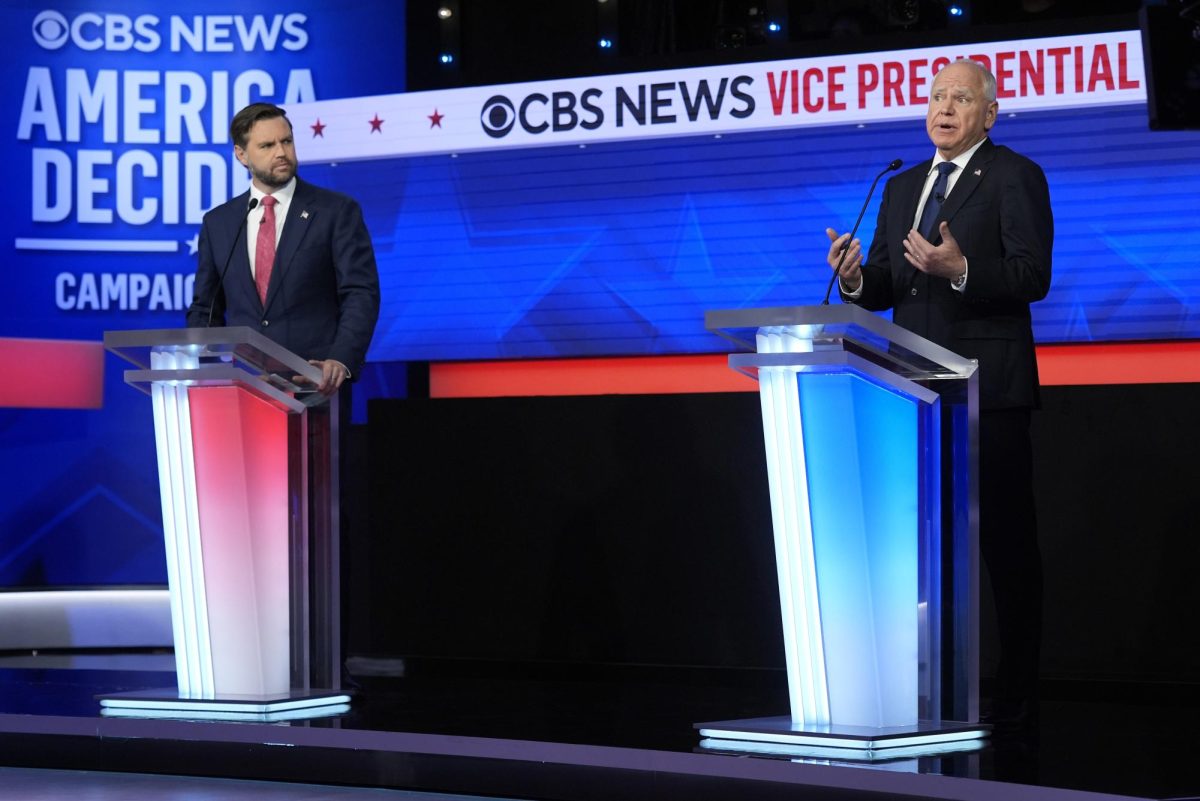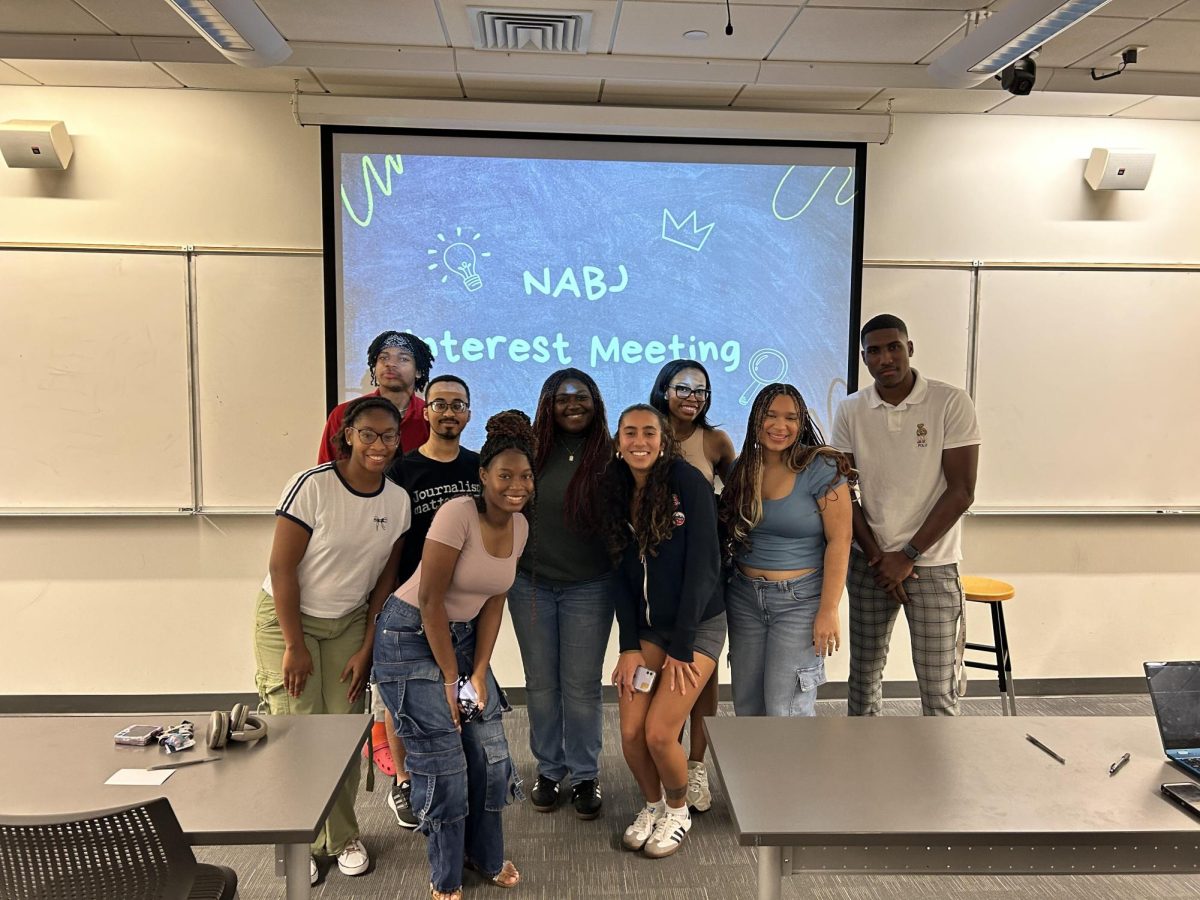On September 30, a few hours before a potential government shutdown, the House and the Senate voted for a modest spending bill that would keep the government open through November 17, according to the New York Times.
According to associate professor of political science Sean Cain, a government shutdown is “when the government no longer has appropriated money to fund its various projects and programs”. It usually occurs during periods of divided government, when the President’s party does not hold a majority in both houses of Congress.
Associate professor of political science Philip Dynia explained that a shutdown could cause trouble at many levels of American society. There would be college financial aid cutbacks, shredding of key elements of the federal safety-net directed at helping America’s poorest families, further erosion or possibly depletion of federal funds for disaster relief and recovery, according to Dynia.
A stopgap bill, proposed by House Speaker Kevin McCarthy, was approved and passed through the House and on to the Senate. The original bill did not include spending for Ukraine, however the Senate made an addendum to that, which included $6 billion to Ukraine.
Rep. Matt Gaetz of Florida filed a motion to vacate, threatening to remove McCarthy from the speakership.
McCarthy refused to concede anything to Democrats in exchange for a vote in his favor, which led them to vote in a bloc for the motion, along with 8 Republicans. The motion passed with 216 votes in favor and 210 against, removing McCarthy from the speakership just three days after the passage of the stopgap bill.
The House of Representatives’ current main goal is now to elect a new Speaker. McCarthy’s ally and majority leader Steve Scalise – who represents Louisiana’s 1st district, in which Loyola is embedded – had been viewed as the primary candidate, but has since dropped out of the race.
If a Speaker is not elected before the Nov. 17 deadline, then there is a chance the government will shut down again.


